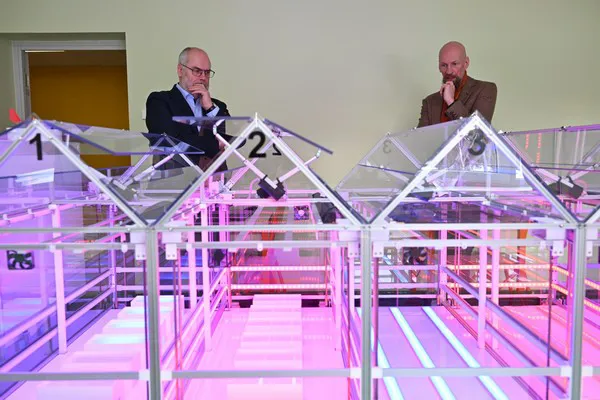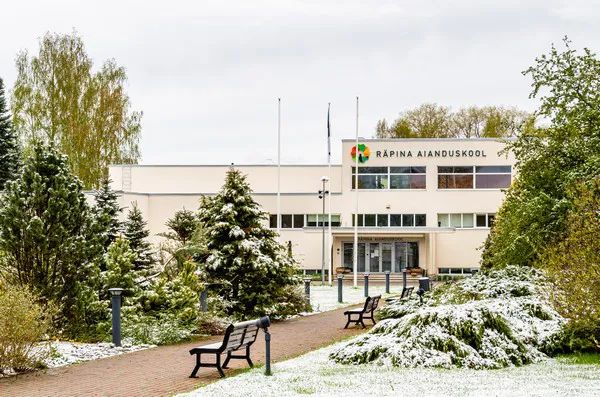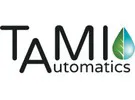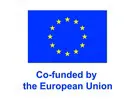The development of modern digital tools has transformed the way we teach and learn. As we move towards an era of digitalization, it has become increasingly important to leverage technology to optimize productivity and minimize environmental impact. One such initiative that aims to achieve this is the Virtual Greenhouse project. The project has been developed with the primary objective of providing an innovative and interactive learning experience for students in horticultural schools.
Three horticultural schools, Räpina School of Horticulture in Estonia, Langenlois Horticultural School in Austria, and Zone College in the Netherlands, are enthusiastically supporting a new project aimed at enhancing the use of digital technologies and modern teaching methodologies. The success of this project aligns closely with the school's strategic objectives, which include improving the quality of teaching, promoting wider international cooperation, fostering environmental sustainability, and meeting the emerging needs of the labor market.

Recent research has highlighted the main obstacle to the adoption of modern technology in horticulture as the lack of knowledge and training in using such tools. The Virtual Greenhouse project aims to address this challenge by developing a digital platform that simulates a greenhouse and provides training materials to support teachers in integrating the platform into their curriculum. To ensure that the innovative digital teaching and learning tools developed in the project are embraced by teachers and students, the project focuses on training teachers to use collaborative and team-based teaching methodologies.
The Tartu Art School in Estonia is playing a big role in the success of the project by providing methodological training to teachers of horticultural schools and peer review for the developed tools. Their involvement will ensure that the learning and teaching tools are successfully implemented in practice. As experts in user-friendly teaching tools and methodologies, the Tartu Art School will provide recommendations on the tools developed in the project, supporting teachers and developers to introduce them effectively into teaching. Through collaboration with the Tartu Art School, the project aims to improve the quality of teaching and ensure that the tools developed meet the emerging needs of the labor market.

By actively involving teachers in the project, the development of training materials, and the virtual greenhouse, the project ensures that the tools and solutions developed are tailored to meet the specific needs of teachers and students. This approach will help to minimize resistance to innovation and support the readiness of schools to implement modern digital learning and teaching tools.
TaMi Automatics is a company that has been providing training sessions to students at the Räpina School of Horticulture for the past five years. The company has personally conducted these sessions and has taught over 200 students during this time. The owners of TaMi Automatics are visionaries in the field whose main motivation and passion is to boost innovation and empower students through real-life experience. One of the TaMi owners is also the agronomist of a horticultural business called Võiste Garden, this practical experience in the field of horticulture gives the owners of TaMi Automatics a unique perspective and valuable insights that they can share with students during their training sessions. Their involvement in the creation of innovative crop production systems and automation also shows their dedication to advancing the field of horticulture and making it more efficient and sustainable.
The project aims to enhance the employability of students by providing practical and modern technology-based learning. This will increase students' interest and motivation, as well as their potential to succeed in the international labor market and in innovative large companies in the field. Additionally, the project aims to provide training upgrades for people working in horticulture to update their knowledge of modern technology, which has developed rapidly in recent years.
The project 'Development of methodology and tools for greenhouse automation training' is co-funded by an Erasmus+ KA2 grant.


